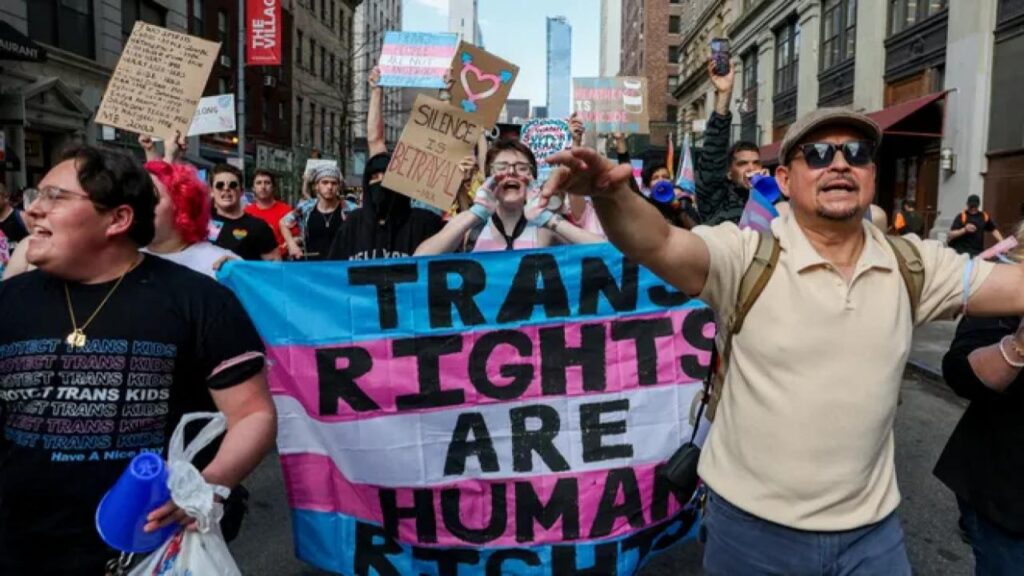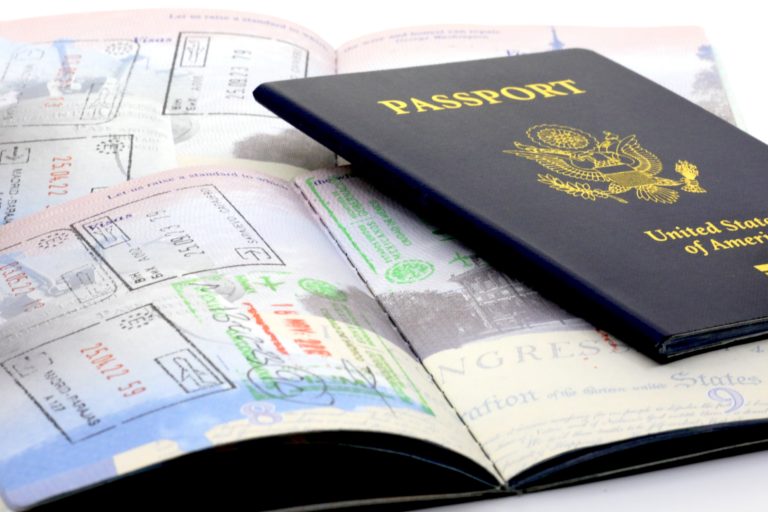A federal judge just tossed a wrench into a controversial Trump-era policy—and it’s a big deal for millions of Americans. On June 17, 2025, U.S. District Judge Julia Kobick issued a nationwide injunction against a rule that restricted passport gender markers to “M” or “F,” eliminating the option for self-identification. The court sided with transgender, nonbinary, and intersex individuals, restoring their ability to hold documents that reflect their lived identities.

Federal Judge Slams Trump’s Anti-Trans Passport Rule
| Takeaway | Stat or Impact |
|---|---|
| Gender-neutral ‘X’ markers reinstated | Affects ~1.3 million trans/nonbinary U.S. adults |
| Constitutional concerns | Policy likely violated Fifth Amendment |
| Class-action expansion | Nationwide relief granted beyond 6 plaintiffs |
Judge Kobick’s ruling doesn’t just stop a federal policy—it reaffirms that identity should be a right, not a bureaucratic obstacle. For now, Americans of all gender identities can travel and live with documentation that truly reflects who they are.
What Was Trump’s Policy?
Signed on Trump’s first day back in office in January 2025, Executive Order 14168 defined sex as a fixed binary “at conception.” It prohibited the U.S. State Department from issuing passports with gender markers that didn’t match an individual’s assigned sex at birth. The move reversed Biden-era guidelines that allowed for self-identification and use of an “X” marker.
Trump officials argued the change was about “biological integrity.” Critics, however, say it targeted marginalized communities under the guise of regulatory uniformity.
Judge Kobick’s Decision
Kobick, a Biden appointee and former Massachusetts deputy AG, found the rule likely unconstitutional under the Fifth Amendment’s equal protection clause. She stated the policy showed “irrational bias” against non-cisgender Americans and created unnecessary hurdles for those simply trying to obtain accurate government ID.
Importantly, she expanded her prior April ruling—which only covered six plaintiffs—to a national class-action level. This means anyone applying for a passport within the next year can now select from “M,” “F,” or “X,” regardless of the Trump order.
“The government cannot condition access to identification documents on compliance with a rigid, binary definition of sex,” Kobick wrote in her opinion.

Why This Matters
1. Travel Rights
A mismatch between gender presentation and passport documentation can cause real-world harm—from delays and harassment to detainment at borders. Having accurate ID isn’t just about comfort; it’s about safety.
2. Legal Recognition
Documents that reflect true identity are foundational. For roughly 1.3 million trans and nonbinary adults—and up to 5 million intersex individuals in the U.S.—this ruling offers critical recognition.
3. Constitutional Precedent
The decision reinforces that sex-based policies must meet a high legal bar. It may signal courts won’t tolerate policies rooted more in ideology than empirical or scientific rationale.
Reactions from All Sides
The ACLU, which backed the plaintiffs, called it a “watershed moment for gender rights.” “This ensures trans, nonbinary, and intersex people won’t be erased from federal documents,” said ACLU attorney Joshua Block.
The White House, in contrast, decried the ruling. Spokesperson Anna Kelly said the decision “undermines the truth of biological sex” and warned of “chaos in identity documentation.”
What Happens Next?
Trump’s legal team has already vowed to appeal the decision to the First Circuit Court of Appeals. Meanwhile, the injunction remains in place.
Legal experts say an appellate decision could set a lasting precedent on the federal government’s ability to define sex in ID policies.
FAQs
Can I apply for a passport with an “X” gender marker today?
Yes. The nationwide injunction is in effect, so all applicants can choose “M,” “F,” or “X.”
Does this apply to state IDs or driver’s licenses?
No. This ruling is specific to U.S. passports, which are federal documents.
Is this ruling permanent?
Not yet. It’s a preliminary injunction. A final ruling will come after the full case is heard or settled.






